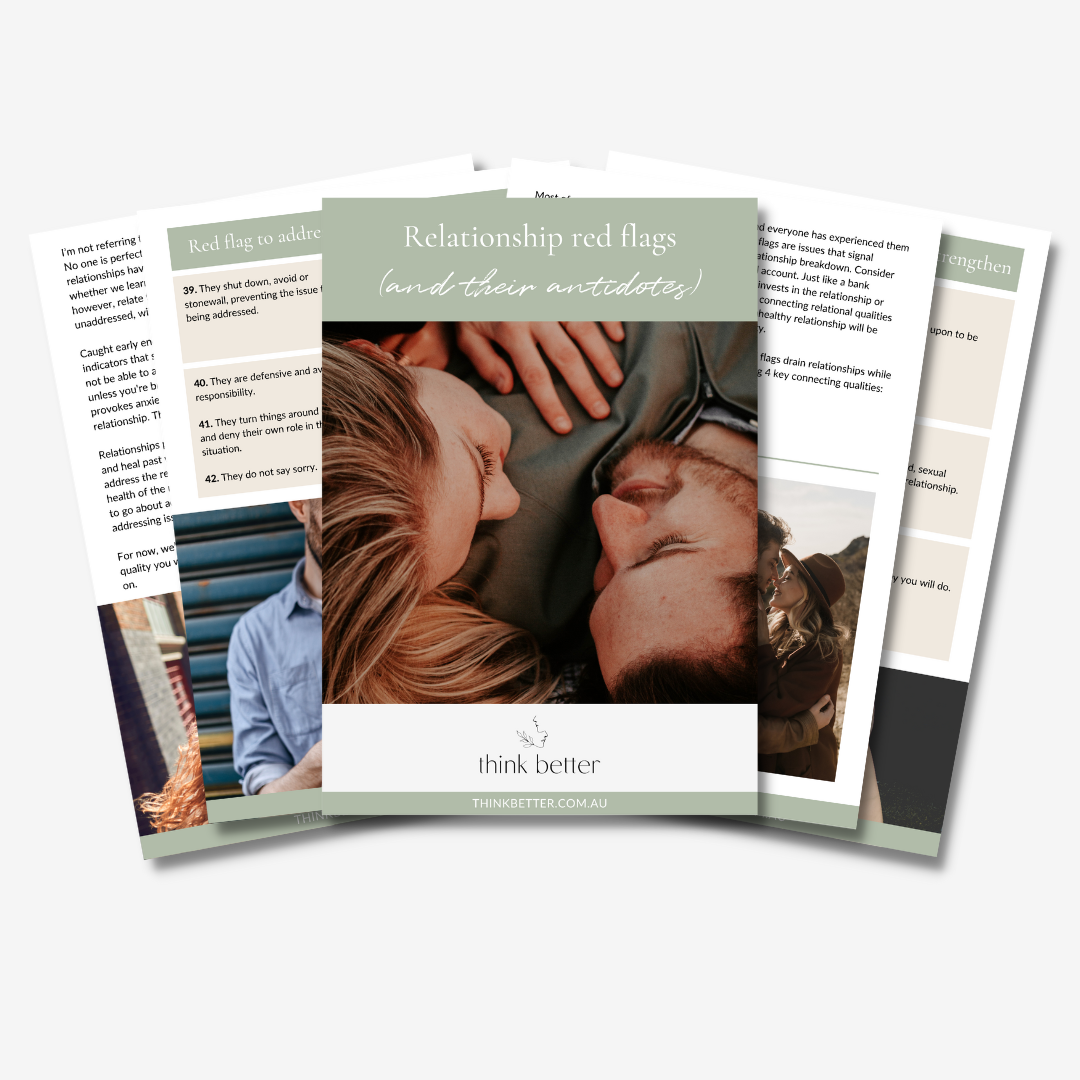Learn to manage your stress response with this proven technique
Dealing with relationship stress is a challenge most of us will face at some point. When you experience conflict or difficulty, it is hard to keep calm, but things rarely go well if you can’t. Your nervous system views difficulty in your relationships as a threat. The closer the person is to you the greater the perceived threat to your nervous system. The longer the stress continues, the more reactive you will tend to get. To effectively deal with the stress difficult interactions, disconnection and conflict puts on your relationship you must be able to manage your own stress response.
Your sympathetic nervous system (fight/flight/freeze response) is designed to help you when under threat. It responds to stressors by manipulating the body’s resources to optimize survival – changing your breathing, heart rate and muscle tension (amongst other things) so you can fight or make a run for it. This is fantastic when the threat is a real and imminent risk to your safety but not so great when the threat is interpersonal. The part of your brain responsible for rational decision making and planning deactivates when you are under threat, so you are not going to make great decisions when you are stressed and anxious.
In contrast, the parasympathetic system is the rest and restore response. It automatically kicks in after a threat has passed, or a threat has been perceived as neutralized. Consider after you have had a fright and realise there is no danger. Your body will automatically take a big sigh, your heart rate begins to decrease, and your breathing slowly returns to normal. Your tense muscles soften. Your perspective broadens and you can think more clearly. You may tell yourself, “I’m ok, everything is ok”. Sounds good, doesn’t it? This response is particularly helpful to access when you are experiencing difficulties in your relationship.
One of the paths to reduce and manage stress in the face of difficult relationships is to learn how to manage your breath. Your breath is a key player in nervous system regulation so learning to consciously manipulate how you breathe is invaluable. When facing difficult interactions most of us resort to breathing too shallowly, too heavily, or even holding our breath for prolonged periods. But long, slow, deep breaths help your brain to respond more effectively in the moment. Then you can make considered decisions that can help the issue rather than adding more stress to it.
A practice to reduce stress:
- Take time to notice how you breathe when you are under stress.
- Give yourself a time out from the situation (excuse yourself and head to a quieter space).
- Consciously take two quick breaths in through the nose and one longer breath out through your mouth.
- Repeat three times
- Shrug your shoulders and roll your head so release tension
- Return to breathing in and out through your nose with the aim of making your breath as slow, smooth, and long as you comfortably can.
Helpful tips
- Try not to get stuck in your head, analysing the situation
- Don’t follow the thoughts to try to think your way out of the situation
- For now just let the thoughts go like letting go of a helium balloon and just focus on calming your breath.
- If you repeat this process several times a day you will be well practiced when difficulty arises.
This 5 part series on Dealing with relationship stress will help you to:
- Manage your own stress response (This article)
- Stop negative thinking
- Understand your conflict style
- Control what you can
- Get the fun back in your relationship
If you regularly get stuck in negative thinking when you experience difficulty in your relationships, tune in next time for Part 2 – Manage negative thinking




0 Comments